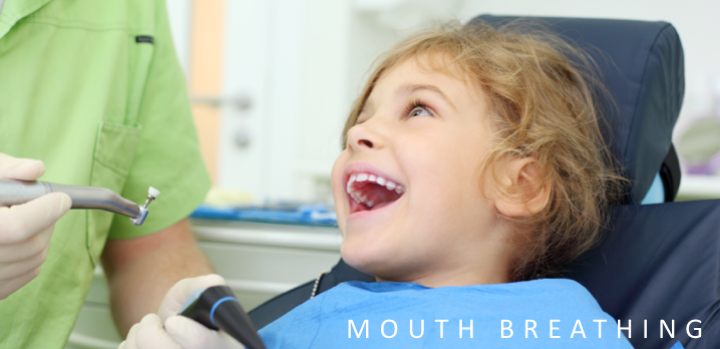Your nose is designed to filter, warm and humidify the air you breathe. Ideally, you should breathe in through your nose 8-12 times per minute, with your tongue in a resting place on your palate.
For children who breathe through their mouth the upper and lower jaws do not develop to their full potential, the air will not be filtered and posture can also be affected. It is believed that less than 5% of people breathe efficiently.
The common problems we see as a result of mouth breathing are:
Crooked Teeth
We find that children who have nasal problems like a blocked nose or those that snore are more likely to need braces to correct crooked teeth. Sometimes we also see that these children have big tonsils, large adenoids, or some type of nasal obstruction. Correcting these airway problems early is very important.
Teeth grinding at night
It is now believed that grinding your teeth at night isn’t due to stress but related to obstructed breathing. Dr Jack is seeing great results by treating children who grind their teeth by addressing their airway issues.
Swallowing concerns
Fussy eaters are often brushed off as just that, fussy, however, research is now showing us that altered swallowing patterns and aversion to certain foods are due to obstruction. There certainly is no cure for a fussy eater, but Dr Jack is now seeing children food aversions change after their obstruction problem is treated.
To find out more about mouth breathing and if it may be affecting you or your child join us for the next Free Education Seminar in Winston Hills.
Learn more about what an Airway Assessment is here.

